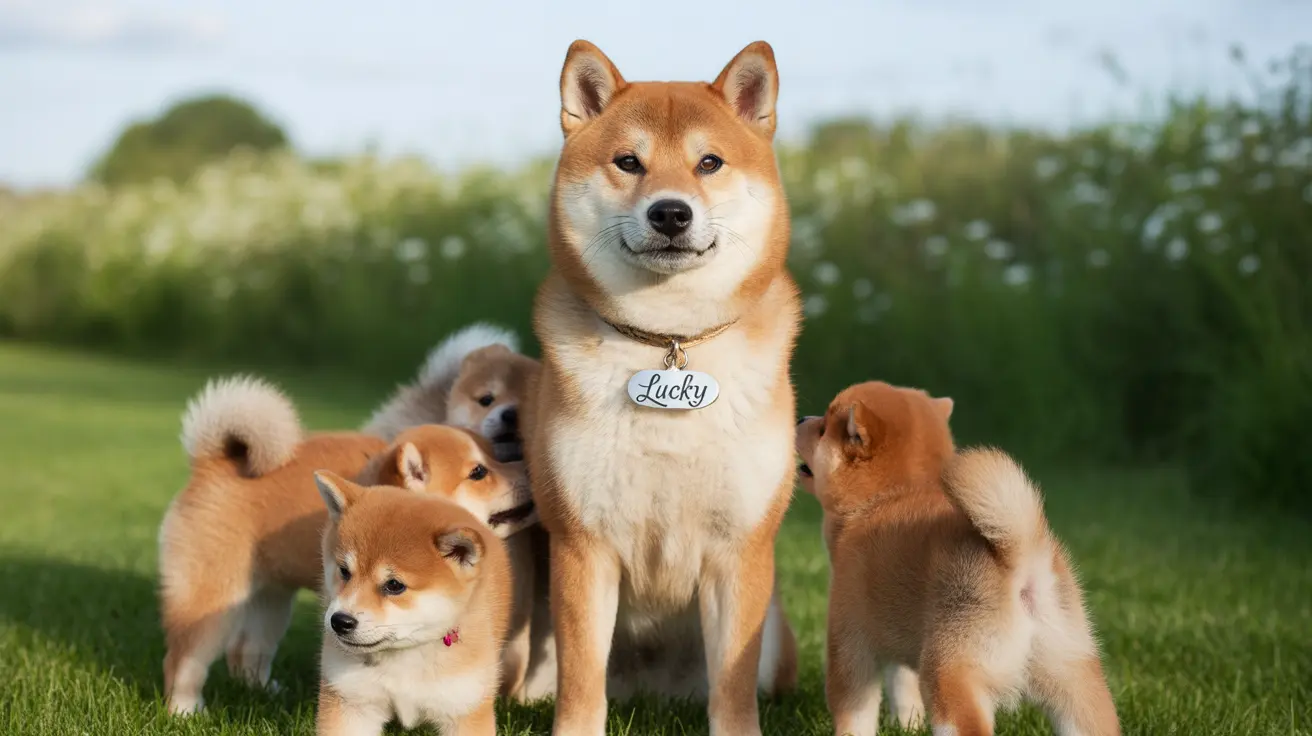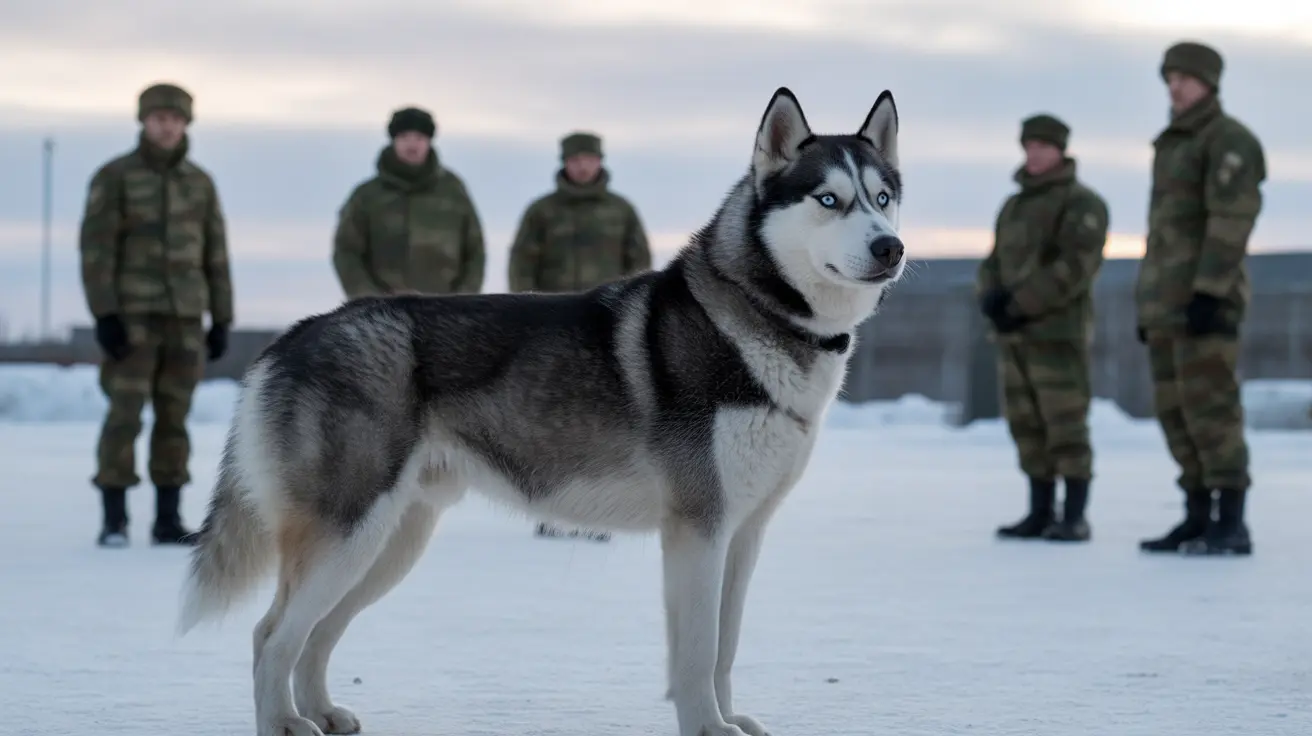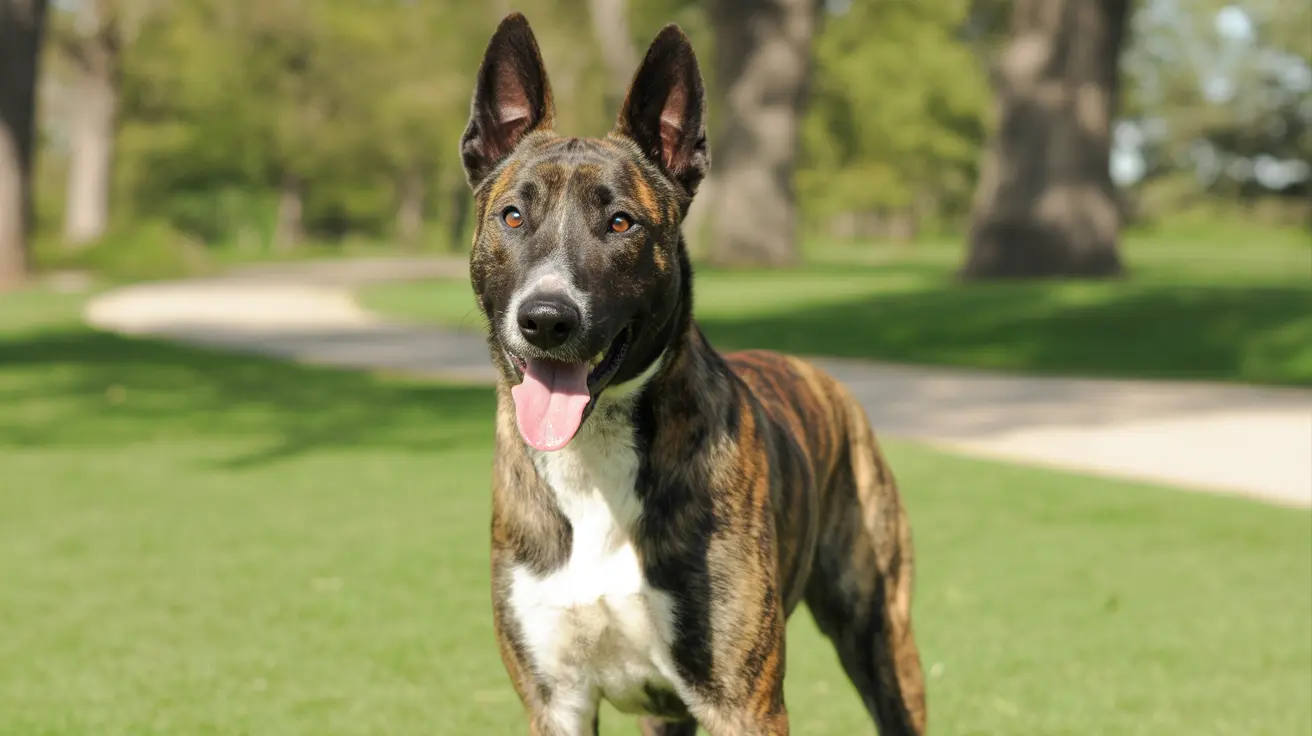Understanding the Genetics of Sibling Dog Breeding
Breeding siblings, also known as inbreeding, dramatically increases the likelihood of genetic disorders in puppies. When brother and sister dogs mate, their offspring have a much higher chance of inheriting identical copies of defective genes, leading to serious health complications.
- Increased puppy mortality rates (up to 50% in highly inbred litters)
- Compromised immune systems
- Shorter lifespans
- Reduced fertility
- Smaller adult size
The Impact of Inbreeding on Puppy Health
Studies have demonstrated that puppies from sibling matings face severe health challenges. For every 10% increase in inbreeding coefficient, dogs experience approximately six months reduction in lifespan and a 6% decrease in adult size.
- Blood disorders
- Genetic diseases
- Development issues
- Behavioral problems
- Reduced immune function
Understanding the Coefficient of Inbreeding (COI)
The Coefficient of Inbreeding (COI) measures the genetic similarity between breeding pairs. Professional breeders aim to maintain a COI below 10% to ensure healthy offspring. Sibling breeding results in a dramatically high COI of 25% or greater, far exceeding recommended levels for maintaining genetic health.
Modern Breeding Practices and Alternatives
Today's responsible breeders focus on maintaining genetic diversity through careful mate selection and genetic testing. They typically:
- Use DNA testing to screen for inherited diseases
- Select unrelated breeding pairs
- Maintain detailed genetic records
- Consult with veterinary professionals
- Prioritize health over physical appearance
Professional Guidelines and Ethical Considerations
The veterinary community unanimously discourages breeding sibling dogs. This stance is supported by extensive research showing the negative impact on animal welfare and breed sustainability. Furthermore, with many dogs in shelters needing homes, there's no justification for risky breeding practices.
Frequently Asked Questions
Is it safe to breed sibling dogs, and what are the health risks for the puppies?
No, breeding sibling dogs is not safe. Puppies from such matings face significantly higher risks of genetic disorders, shortened lifespans, and developmental issues. Studies show mortality rates can reach up to 50% in highly inbred litters.
How does breeding brother and sister dogs affect the likelihood of genetic disorders?
Breeding siblings dramatically increases the chance of genetic disorders because both parents are more likely to carry the same harmful recessive genes. When these genes combine in puppies, it results in a much higher occurrence of genetic diseases.
What is the coefficient of inbreeding (COI), and why is it important when considering sibling dog breeding?
The COI measures the genetic similarity between breeding pairs on a scale of 0-100%. Sibling breeding results in a minimum COI of 25%, far above the recommended maximum of 10%. Higher COI values correlate directly with increased health problems and reduced lifespan.
Are there ethical concerns or professional guidelines against breeding sibling dogs?
Yes, veterinary professionals and ethical breeders strongly advise against breeding siblings. This practice is considered unethical due to the known health risks and the existence of healthier breeding alternatives.
How can genetic testing help prevent health problems when breeding dogs closely related like siblings?
Genetic testing can identify carriers of inherited diseases and help breeders make informed decisions. However, testing cannot eliminate all risks associated with sibling breeding and should be used to select appropriate unrelated breeding pairs instead.
Conclusion
While it's technically possible to breed sibling dogs, the practice carries substantial risks and is strongly discouraged by veterinary professionals. Instead, focus on responsible breeding practices that prioritize genetic diversity and animal welfare. If you're interested in breeding dogs, consult with experienced breeders and veterinary professionals to develop an ethical breeding program that promotes healthy, happy puppies.






